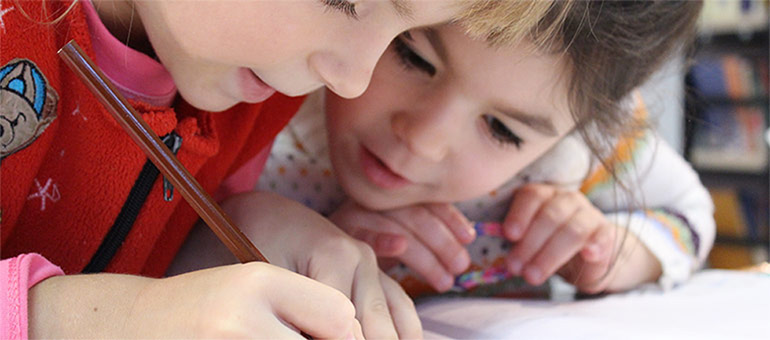
Improving student learning through dialogue in the classroom
Research by the Cambridge Educational Dialogue Research Group (CEDiR) has informed policy in the UK, teachers’ professional practice internationally, and improved the experiences of students themselves.
The Faculty of Education has long been a world-leading centre for research on the role of classroom dialogue: the way that teachers and students talk productively to maximise student learning. This work is currently led by the Cambridge Educational Dialogue Research Group (CEDiR).
Our work
CEDiR builds on longer-standing work by Faculty members that demonstrated the value of high-quality, reasoned dialogue as a way of strengthening classroom learning, engaging students, increasing their participation, and extending their thinking.
In recent years, the group has undertaken numerous collaborations with academics and education professionals, and developed various resources to enable them to reflect upon and adapt their use of classroom dialogue. Colleagues have adapted the Scheme for Educational Dialogue Analysis (SEDA) – a comprehensive analytical tool used to code classroom dialogue developed by Faculty members with Mexican colleagues – into a toolkit for practitioners to analyse their own classroom interactions. Other examples include lesson video clips illustrating specific examples of dialogic practice, and the adaptation of interactive whiteboard technologies as a basis for stimulating effective classroom dialogue.
This work is continually refined through engagement. Much of CEDiR’s research provides a basis on which practitioners can customise various tools for inquiry into and analysis of dialogue in their own educational settings. In particular, Sara Hennessy and Ruth Kershner have developed Teacher-SEDA, a free, 70-page professional toolkit, which supports educators at all levels from early years up to higher education to develop their own dialogic classroom practice in any curriculum area.
The results
CEDiR’s research on classroom dialogue has changed education policy in the UK. An understanding of dialogic approaches and ‘exploratory talk’, based on Neil Mercer’s recommendations has been incorporated into the National Curriculum since 2014, and the importance of dialogic skills is also highlighted in Ofsted’s latest handbooks.
T-SEDA has been adopted by over 300 educators in at least nine countries. Users include the London South Teaching Schools Alliance (LSTSA) and the whole staff of the Cambridge University Primary School. It has been translated into Hebrew, Spanish and Chinese.
There is considerable evidence that this has led to sustained changes in teaching practice. For example, an independent report involving T-SEDA users from the LSTSA showed that teachers became more aware of classroom talk and how to promote it. Other feedback from teachers who have used tools developed by CEDiR suggests that they have been able to increase student participation in classroom dialogue. In particular, teachers report increased engagement and participation among more disengaged and disadvantaged pupils. Many also reflect on how pupils appear more confident and seem to be learning from each other more.
